NEUR0017 Visual Neuroscience
An interdisciplinary course on the Anatomy, Physiology and Psychophysics of Vision
This course will teach visual neuroscience from a broad, interdisciplinary point of view. Our modern understanding of vision and visual processing depends not only on the more traditional fields of anatomy, physiology and psychophysics, which remain centrally important, but also on the fields of genetics, molecular and cellular biology, ophthalmology, neurology, cognitive neuroscience and brain imaging. In this course, we will present visual neuroscience as a multidisciplinary, yet integrated field of study.
Aims: The aim is to provide students with an understanding of the functional anatomy and neurophysiology of the visual system, and an understanding of how neural activity results in visual perception and in behaviours that depend on vision. Students will be introduced to a variety of methods for investigating visual neuroscience including molecular biology, psychophysics, single cell recording, electrophysiology, brain imaging, and the experimental study of patients with brain damage or genetic defects.
Summary of Course Content: The course presents a multidisciplinary approach to vision. It will cover anatomical, physiological, genetic, molecular and psychological approaches. The course covers the fundamentals of visual neuroscience from the visual input at the retina to visual perception.
Course Organiser
Andrew
Stockman
Institute of Ophthalmology
London EC1V
9EL
email: a.stockman@ucl.ac.uk
Course Web site
http://www.cvrl.org
or http://cvrl.ucl.ac.uk
Course lecturers
Tessa Dekker (Ophthalmology), email: t.dekker@ucl.ac.uk
Adam Dubis (Ophthalmology) email: a.dubis@ucl.ac.uk
John Greenwood (Psychology), e-mail: john.greenwood@ucl.ac.uk
Peter Jones (Ophthalmology), email: p.r.jones@ucl.ac.uk
Andrew Rider (Opthalmology), e-mail: a.rider@ucl.ac.uk
Stewart Shipp (Ophthalmology), e-mail: s.shipp@ucl.ac.uk
Andrew Stockman (Ophthalmology), e-mail: a.stockman@ucl.ac.uk
NEUR0017
Visual Neuroscience 2019-2020 Timetable
See UCL timetable for details
Recommended text books for the course
Sensation and Perception by Jeremy M. Wolfe
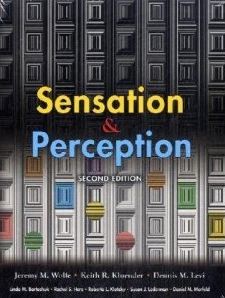
Sensation and Perception by E. Bruce Goldstein
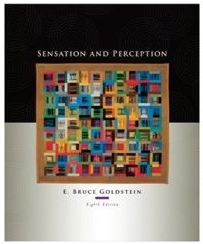
The First Steps in Seeing by R.W Rodieck
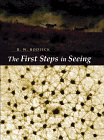
Visual Perception: Physiology, Psychology and
Biology by Vicki Bruce, Patrick Green and Mark Georgeson

Recommended reference sources for the course
The Visual Neurosciences by Leo Chalupa and John Werner
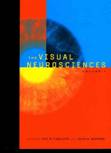
Webvision at http://webvision.med.utah.edu
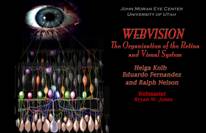
Neuroscience: a Historical Introduction by Mitchell Glickstein
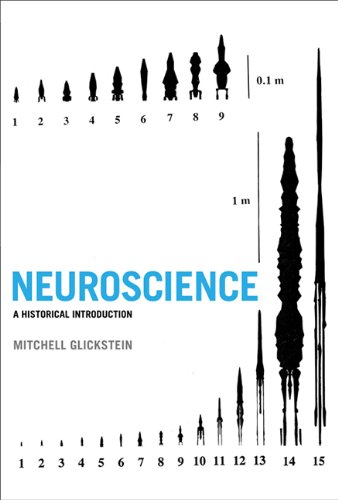
Student seminars
Depending on student numbers, the seminars for NEUR0017 will run in up to four 3-hour sessions (see timetables).
Visual Neuroscience Seminar topics
General advice
The seminar should last 10 minutes. Marks may be deducted if your talk is shorter than 9 minutes or longer than 11 minutes in length.
Your main aim, in giving the talk, is to demonstrate that you understand what you are talking about. This means that you should try to make sure that what you say is fully comprehensible to your fellow students as well as the examiner, rather than relying on their previous knowledge of the underlying principles (or jargon).
Ideally, the talk should have a brief Introduction, and a conclusion (or provide an answer if the talk title takes the form of a question).
Some coverage of relevant material outside of the lectures is encouraged.
Make sure you can explain the content of complex diagrams, charts or experiments that you replicate from publications or textbooks.
Make sure you reference your sources for diagrams, graphs and data in the slides with a brief acknowledgement.
How many slides you should have in the talk will depend on the detail in each slide, but try to avoid having too many slides with dense detailed information.
Make sure you rehearse to make sure your timing is right.
You will be marked primarily for:
- Talk content (scope & depth of sources examined);
- Presentation (quality of slides and organization of talk);
- Clarity of exposition.
Please e-mail if there are any problems!
Past exam questions
Can be found here.
The invigilated graduate essay titles can be found here.
Lectures, lecture notes and references
These have not been updated for several years. Current lectures are on Moodle..
Past lectures
Keith May (pre-2017)
Mitch Glickstein (pre-2018)
Tom Salt (pre-2017)
Antony Vugler (pre-2019)